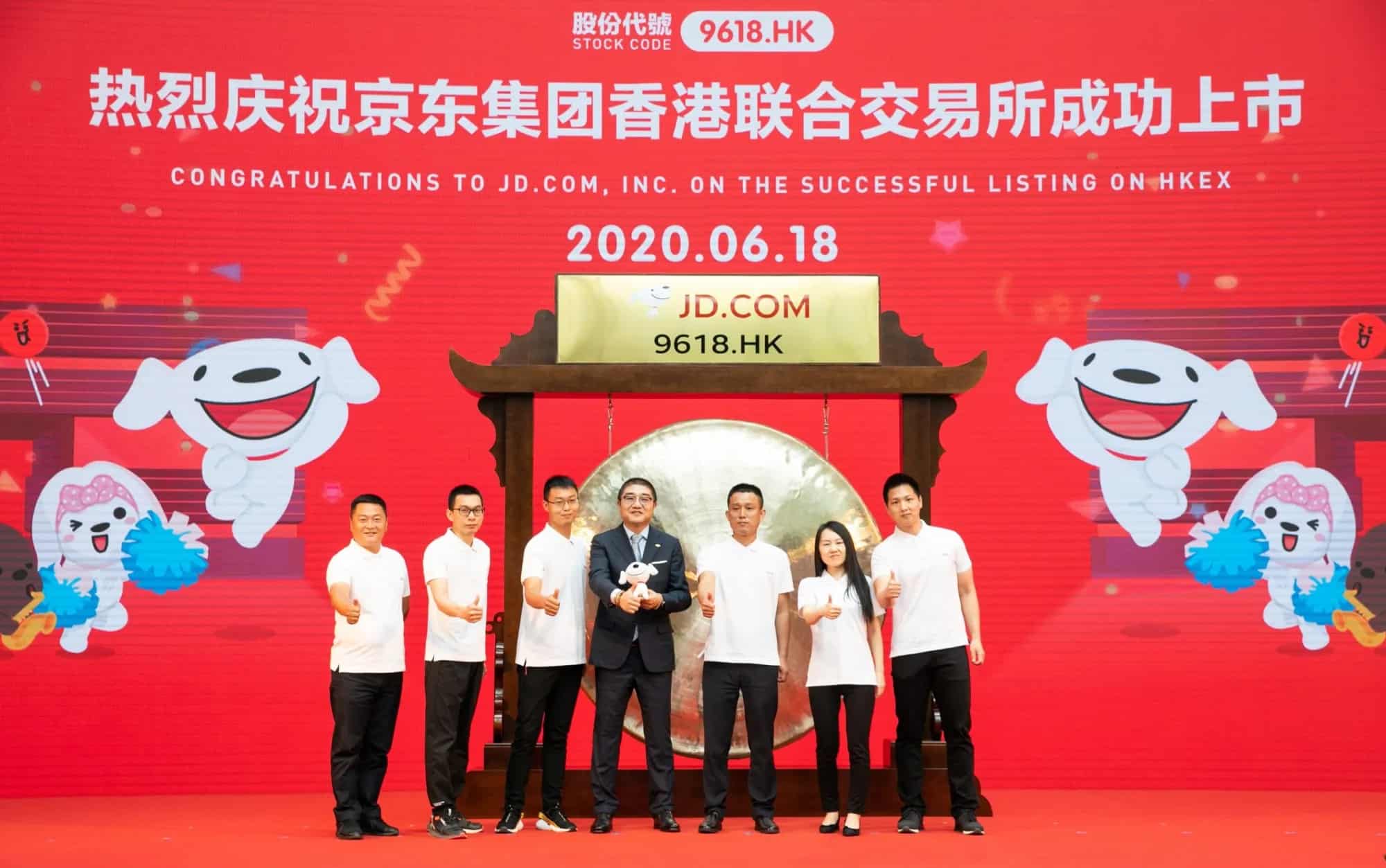China is living through interesting times right now, to borrow an apocryphal idiom. After almost three years of draconian zero-Covid policies, we have witnessed the first cross-city street protests against central government policy since Tiananmen in 1989, followed by a sudden lifting of restrictions, and now the inevitable wave of Covid infections. Books dance to a slower beat than the news cycle, but they do provide deeper context to help answer the critical question: how did we get to where w
LISTEN NOW
Face-Off: U.S. vs. China
A podcast about how the two nations,
once friends, are now foes.




